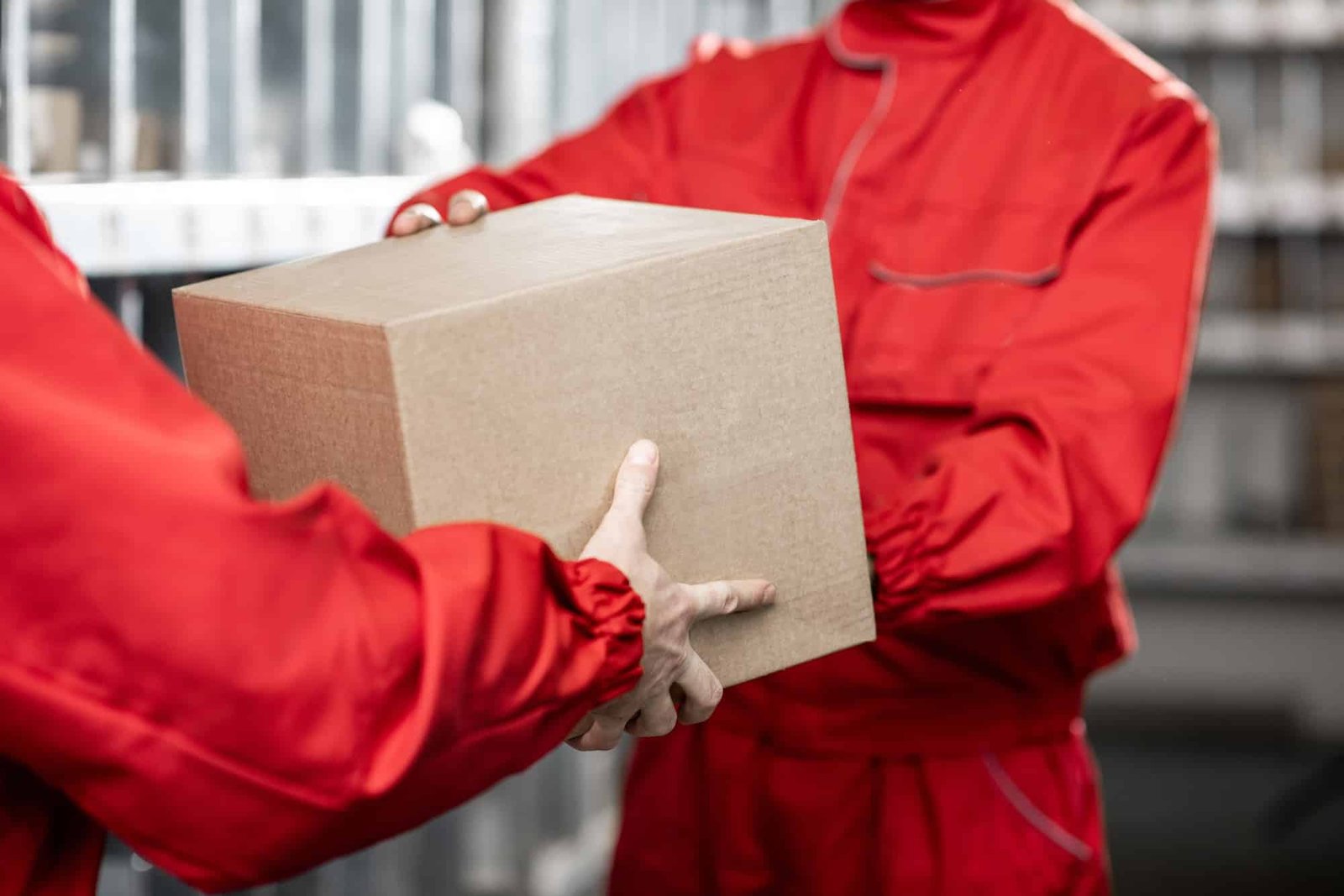Packaging in the Fast-Moving Consumer Goods (FMCG) industry demands a solution that is both efficient and reliable. Choosing the right adhesive tape can significantly impact packaging efficiency, product safety, and customer satisfaction. But with so many tape options available, how do you pick the best one for your packaging needs?
Selecting the correct adhesive tape for FMCG packaging requires considering various factors such as adhesion strength, environmental resistance, and cost-effectiveness. This ensures your products remain secure during storage, transport, and distribution, without compromising packaging efficiency.
When selecting adhesive tapes, there are several critical aspects to consider, which I’ll outline below.
Key Considerations for Choosing Adhesive Tapes
Adhesion Strength:
The tape’s adhesion strength is one of the most critical factors. Heavier products require tapes with stronger adhesives. High-tack tapes work better for larger and bulkier packaging, while lighter goods might only need low-tack options.
Surface Compatibility:
Consider the type of surface the tape will adhere to. Some surfaces, like cardboard or plastic, work well with standard tapes, while others, such as rough or glossy surfaces, may require specialty tapes to ensure a firm hold.
Temperature Resistance:
FMCG products often experience various temperatures during shipping and storage. Tapes used in packaging must maintain their adhesive properties in both cold and hot conditions. For refrigerated or frozen goods, opt for cold-resistant tapes, while products stored in warm environments need tapes that can withstand heat without losing their bond.
Moisture and UV Resistance:
Humidity and exposure to sunlight can degrade some adhesives over time. If your packaging might encounter wet or outdoor conditions, choose tapes that offer moisture and UV resistance to ensure the adhesive stays effective.
Flexibility and Conformability:
For irregularly shaped packages, flexible tapes are essential. These tapes conform to the package shape without compromising the strength of the seal, ensuring the product remains secure even if the packaging material shifts slightly.
Tape Thickness:
The thickness of the tape directly affects its strength. Thicker tapes are often more durable and provide stronger seals, making them ideal for heavy-duty packaging where robustness is required.
Ease of Removal:
Some FMCG packaging needs to be resealed or reopened without leaving behind sticky residue. In these cases, look for low-tack or removable adhesive tapes that maintain functionality without damaging the packaging.
Environmental Impact:
As sustainability becomes increasingly important, many businesses are looking for environmentally friendly packaging solutions. Recyclable or biodegradable tapes offer a green alternative without compromising on quality or performance.
Cost-Effectiveness:
While choosing an affordable option is important, focus on long-term cost benefits rather than just the upfront price. The right tape can prevent package damage, reducing costs associated with returns or replacements.
Regulatory Compliance:
Ensure that your chosen adhesive tapes meet the regulatory standards for your industry, especially for packaging food products or other sensitive goods. Compliance with industry regulations helps avoid costly legal issues and ensures product safety.
Branding Requirements:
In today’s competitive FMCG market, many businesses use their packaging as a branding tool. Custom-printed tapes with logos or marketing messages can add a touch of professionalism and promote brand identity.
Types of Adhesive Tapes for FMCG Packaging
When it comes to packaging in the FMCG sector, several types of tapes can be used, depending on your specific needs.
• Acrylic Tape
Acrylic tapes are highly resistant to UV light and provide strong adhesion over time, making them ideal for long-term storage and exposure to sunlight.
• Hot Melt Tape
Hot melt tapes offer excellent initial tack and work well for heavier loads. They are often used in automated packaging processes because of their quick adhesion.
• Water-Activated Tape
This tape creates a tamper-evident seal, which is especially useful for high-security applications. Water-activated tapes are often preferred for sealing cartons in e-commerce or high-value shipments.
• Natural Rubber Tape
Known for its flexibility and water resistance, natural rubber tape is perfect for cold environments and packages that require durable sealing.
• Strapping Tape
Designed for heavy-duty applications, strapping tapes have reinforcements that provide extra strength. They are often used for bundling or securing large loads.
Common Questions About Selecting Adhesive Tapes
What is the best tape for packaging in high-humidity environments?
Acrylic tapes are generally the best option for high-humidity environments. They are resistant to moisture and do not lose their adhesive properties when exposed to wet conditions, making them ideal for FMCG products stored in such climates.
Which adhesive tape is most suitable for cold storage packaging?
Natural rubber tapes are the best for cold storage packaging as they maintain strong adhesion even at low temperatures, ensuring the packaging remains secure during transportation and storage.
Can adhesive tapes be eco-friendly?
Yes, there are several eco-friendly tape options available. Many manufacturers now produce tapes made from biodegradable materials or that can be recycled, aligning with environmentally sustainable packaging practices.
What are the key benefits of water-activated tape?
Water-activated tape offers a tamper-evident seal, meaning once it’s applied, it’s clear if the packaging has been opened. This makes it an excellent choice for securing high-value shipments in the FMCG sector.
How do I balance cost and quality when selecting packaging tapes?
To balance cost and quality, consider the long-term value of the tape. While cheaper tapes may save money upfront, higher-quality tapes often prevent costly packaging failures during transport, reducing the risk of damaged goods.
Are there tapes that can enhance brand visibility?
Yes, many FMCG companies use custom-printed tapes to enhance brand visibility. Tapes with logos or marketing messages printed on them can turn your packaging into a promotional tool, increasing brand recognition.
Conclusion
Choosing the right adhesive tape for your FMCG packaging is crucial for maintaining product safety, improving operational efficiency, and supporting brand strategy. By carefully evaluating the factors mentioned above, businesses can find the ideal tape to meet their specific needs.






